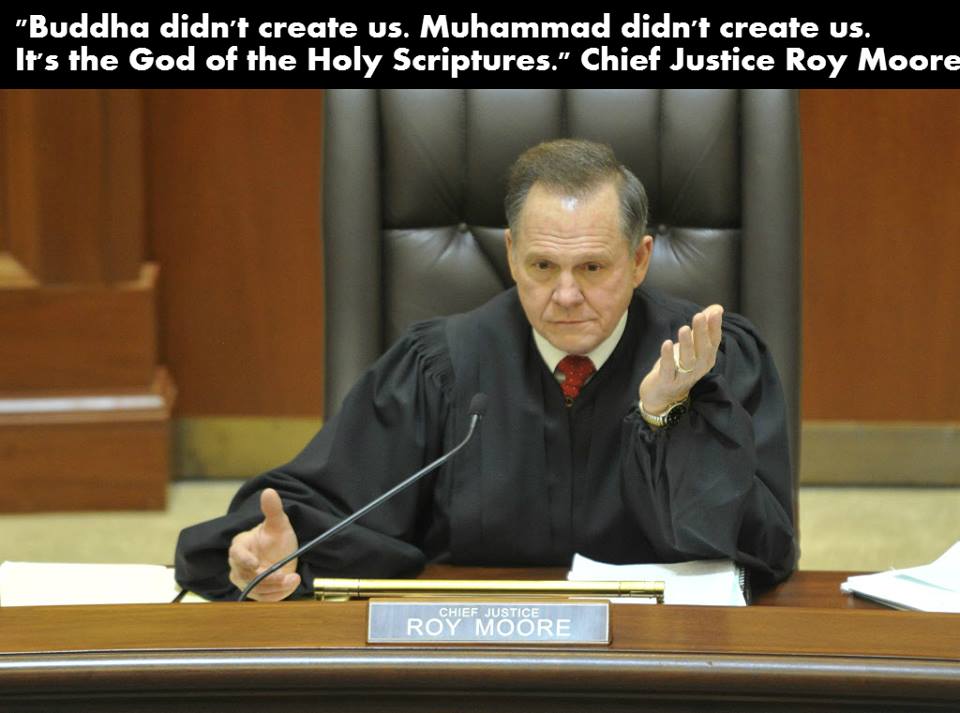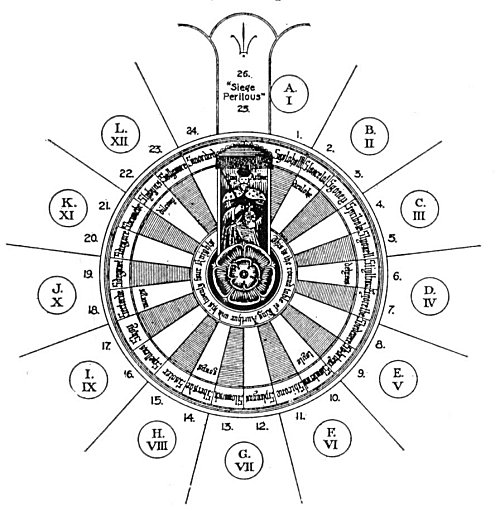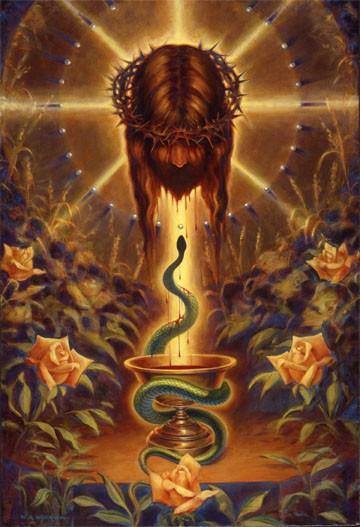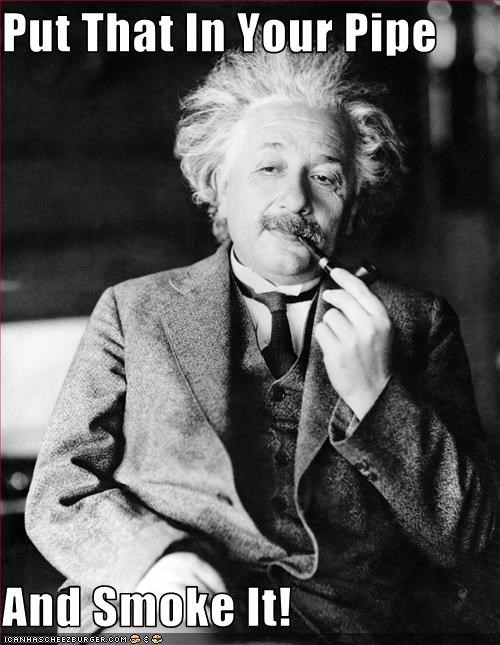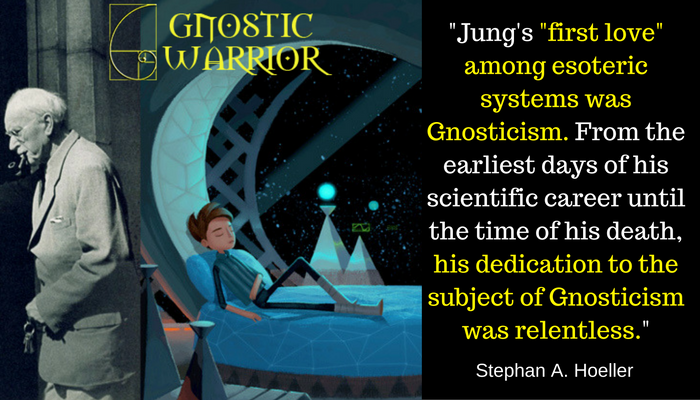These ideas on the transmigrations and the trinity of man, were held by many of the early Christian Fathers. It is the jumble made by the translators of the New Testament and ancient philosophical treatises between soul and spirit, that has occasioned the many misunderstandings. It is also one of the many reasons why Buddha, Plotinus, and so many other initiates are now accused of having longed for the total extinction of their souls — “absorption unto the Deity,” or “reunion with the universal soul,” meaning, according to modern ideas, annihilation. The animal soul must, of course, be disintegrated of its particles, before it is able to link its purer essence forever with the immortal spirit. But the translators of both the Acts and the Epistles, who laid the foundation of the Kingdom of Heaven, and the modern commentators on the Buddhist Sutra of the Foundation of the Kingdom of Righteousness, have muddled the sense of the great apostle of Christianity, as of the great reformer of India. The former have smothered the word [[psuchikos]], so that no reader imagines it to have any relation with soul; and with this confusion of soul and spirit together, Bible readers get only a perverted sense of anything on the subject; and the interpreters of the latter have failed to understand the meaning and object of the Buddhist four degrees of Dhyana.
In the writings of Paul, the entity of man is divided into a trine — flesh, psychical existence or soul, and the overshadowing and at the same time interior entity or SPIRIT. His phraseology is very definite, when he teaches the anastasis, or the continuation of life of those who have died. He maintains that there is a psychical body which is sown in the corruptible, and a spiritual body that is raised in incorruptible sub-
Page 282
stance. “The first man is of the earth earthy, the second man from heaven.” Even James (iii. 15) identifies the soul by saying that its “wisdom descendeth not from the above but is terrestrial, psychical, demoniacal” (see Greek text). Plato, speaking of the Soul (psuche), observes that “when she allies herself to the nous (divine substance, a god, as psuche is a goddess), she does everything aright and felicitously; but the case is otherwise when she attaches herself to Annoia.” What Plato calls nous, Paul terms the Spirit; and Jesus makes the heart what Paul says of the flesh. The natural condition of mankind was called in Greek [[apostasia]]; the new condition [[anastasis]]. In Adam came the former (death), in Christ the latter (resurrection), for it is he who first publicly taught mankind the “Noble Path” to Eternal life, as Gautama pointed the same Path to Nirvana. To accomplish both ends there was but one way, according to the teachings of both. “Poverty, chastity, contemplation or inner prayer; contempt for wealth and the illusive joys of this world.”
“Enter on this Path and put an end to sorrow; verily the Path has been preached by me, who have found out how to quench the darts of grief. You yourselves must make the effort; the Buddhas are only preachers. The thoughtful who enter the Path are freed from the bondage of the Deceiver (Mara).”
“Enter ye in at the strait gate: for wide is the gate, and broad is the way that leadeth to destruction. . . . Follow me. . . . Every one that heareth these sayings and doeth them not, shall be likened unto a foolish man” (Matthew vii. and viii.). “I can of mine own self do nothing” (John v. 30). “The care of this world, and the deceitfulness of riches, choke the word” (Matthew xiii. 22), say the Christians; and it is only by shaking off all delusions that the Buddhist enters on the “Path” which will lead him “away from the restless tossing waves of the ocean of life,” and take him “to the calm City of Peace, to the real joy and rest of Nirvana.”
The Greek philosophers are alike made misty instead of mystic by their too learned translators. The Egyptians revered the Divine Spirit, the One-Only One, as NOUT. It is most evident that it is from that word that Anaxagoras borrowed his denominative nous, or, as he calls it, [[Nous autokrates]] — the Mind or Spirit self-potent, the [[archetes kineseos]]. “All things,” says he, “were in chaos; then came Nous and introduced order.” He also denominated this Nous the One that ruled the many. In his idea Nous was God; and the Logos was man, the emanation of the former. The external powers perceived phenomena; the nous alone recog-

Moe is the founder of GnosticWarrior.com. He is a father, husband, author, martial arts black belt, and an expert in Gnosticism, the occult, and esotericism.


